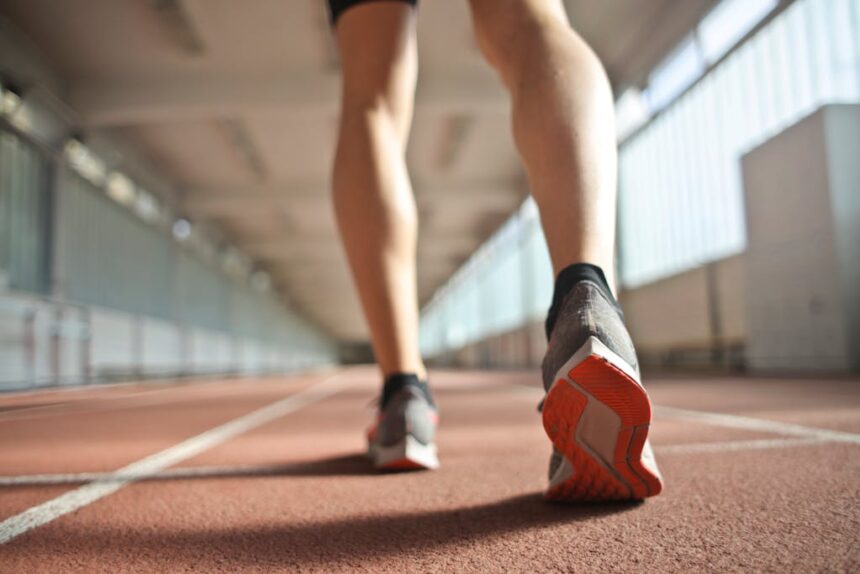Achieving peak performance in athletics requires more than just talent; it involves dedication, strategic training, and the right tools. Whether you’re a seasoned athlete or just starting out, understanding how to train effectively can make a significant difference in your performance. This guide will provide key strategies to help you get the most out of your athletics training, ensuring that you reach your full potential.
To begin with, it’s important to have a structured training plan. This plan should be tailored to your specific sport and individual needs. Start by setting clear, achievable goals. These goals will guide your training sessions and keep you motivated. Breaking down larger goals into smaller, manageable milestones can make the process less overwhelming and more attainable. Consistency is key, so sticking to your plan and making adjustments as needed will help you progress steadily.
A critical component of effective training is understanding the importance of rest and recovery. Overtraining can lead to injuries and burnout, which can significantly hinder your progress. Incorporating rest days into your schedule allows your muscles to recover and grow stronger. Additionally, practices such as stretching, foam rolling, and massage can aid in recovery, reducing muscle soreness and improving flexibility.
Nutrition also plays a vital role in athletics training. Fueling your body with the right nutrients can enhance your performance and aid in recovery. Focus on a balanced diet that includes carbohydrates for energy, protein for muscle repair, and healthy fats for overall health. Staying hydrated is equally important, as dehydration can impair your performance and recovery. Pay attention to your body’s needs and adjust your diet accordingly to support your training regimen.
Strength training is an essential part of athletics training. Incorporating weightlifting and bodyweight exercises can help build muscle, improve endurance, and increase overall strength. Tailor your strength training routine to complement your specific sport, focusing on exercises that enhance the skills required. For example, runners may benefit from exercises that target leg strength and stability, while swimmers might focus on upper body and core strength.
Cardiovascular training is another crucial aspect. Developing a strong cardiovascular system can improve your endurance, allowing you to perform at a high level for longer periods. Activities such as running, cycling, and swimming are excellent for building cardiovascular fitness. Interval training, which involves alternating between high-intensity and low-intensity periods, can be particularly effective in improving your cardiovascular capacity and overall stamina.
Using the right athletics equipment can greatly enhance your training sessions. Quality footwear, for instance, provides the necessary support and reduces the risk of injury. The type of shoe you need will depend on your sport and individual biomechanics, so it’s important to choose wisely. Similarly, other athletics equipment like resistance bands, weights, and specialized gear can help you train more effectively. Investing in good equipment ensures that you can perform exercises correctly and safely, maximizing your training benefits.
Mental training should not be overlooked. Developing a strong mindset is crucial for achieving and maintaining peak performance. Techniques such as visualization, goal setting, and mindfulness can improve focus, reduce anxiety, and enhance overall mental resilience. Working with a coach or sports psychologist can provide additional support and strategies to strengthen your mental game.
Monitoring your progress is important for keeping track of your achievements and identifying areas for improvement. Keeping a training journal or using fitness tracking apps can help you log your workouts, track your progress, and stay motivated. Regular assessments, such as fitness tests or performance reviews, can provide valuable feedback and guide your future training decisions.
Maximizing your performance in athletics requires a multifaceted approach. By having a structured training plan, incorporating rest and recovery, focusing on nutrition, strength and cardiovascular training, using the right athletics equipment, and developing mental resilience, you can achieve your athletic goals. Monitoring your progress and seeking support from a community or coach further enhances your chances of success. Remember, effective training is not just about working harder but also working smarter, ensuring that every aspect of your regimen contributes to your overall performance and well-being.







